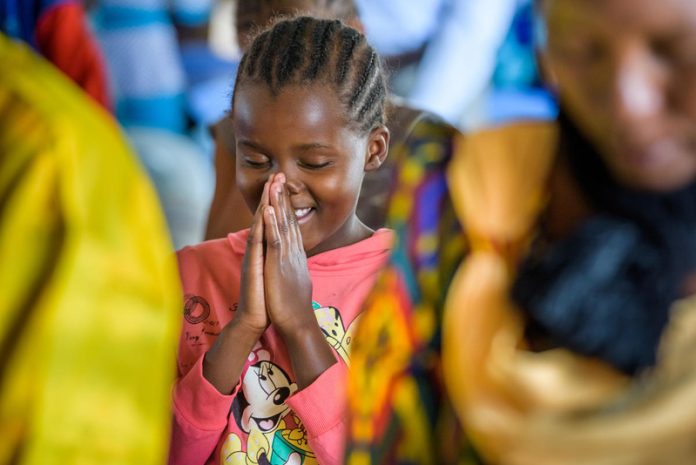AS the 16 Days of Activism Against Gender-Based Violence (GBV) is concluded, it serves as a stark reminder of the persistent violence against women and girls in Nigeria. This year’s theme, “Beijing +30: Unite to End Violence Against Women and Girls,” envisions an end to violence by 2030. However, achieving this goal remains an uphill battle due to systemic challenges, widespread societal norms, and inadequate enforcement of protective laws.
Globally, one in three women experiences physical, sexual, or intimate partner violence, while countless others fall victim to human trafficking and harmful practices. In Nigeria, these issues are exacerbated by cultural and systemic factors, leaving girls particularly vulnerable. The onset of the COVID-19 pandemic further highlighted this vulnerability, with a 149% spike in domestic abuse and rape cases during lockdowns, and a troubling rise in female genital mutilation (FGM).
The pandemic also disrupted education for 18 million Nigerian female learners, derailing efforts to end child marriage. Education remains a critical protective factor against violence and exploitation, yet two-thirds of the 10.5 million out-of-school children in Nigeria are girls. Additionally, 60% of the country’s illiterate population are women and girls, perpetuating cycles of poverty and violence.
Physical violence is one of the most pervasive forms of abuse, cutting across education levels, income brackets, and cultural or religious boundaries. Nearly 31% of Nigerian women aged 15–49 have experienced physical violence, yet underreporting remains a significant barrier to justice. Victims are often silenced by stigma, victim-blaming, and societal pressures, creating a culture of impunity that emboldens perpetrators.
FGM continues to be a pressing issue, with Nigeria accounting for the third-highest number of circumcised women and girls globally. Nearly 15% of Nigerian women have undergone this harmful practice, which is often justified by cultural norms. While laws against FGM exist, enforcement is sporadic, and awareness campaigns have yet to fully shift societal attitudes.
The justice system’s failure to address GBV effectively exacerbates the crisis. Of the 14,790 sexual assault cases recorded by Sexual Assault Referral Centres (SARCs) since 2017, only four resulted in convictions. This glaring statistic reflects not only systemic inefficiencies but also the deep mistrust survivors have in legal institutions. Without robust accountability measures, survivors undergo another traumatized phase while perpetrators walk free.
Delta State has made commendable strides with laws such as the Violence Against Persons Prohibition (VAPP) Law, the Child Rights Law, and the Human Trafficking Prohibition Law. However, deep-seated cultural biases and the continued prevalence of violence hinder the full realization of these legal frameworks. Enforcement remains inconsistent, and public awareness of these laws is alarmingly low.
To protect the girl child, a multifaceted approach is essential. First, education must be prioritized. Providing free and accessible education to all girls will not only empower them but also reduce their vulnerability to early marriage and exploitation. Government and private sector partnerships can fund school infrastructure and ensure girls stay in school.
Second, comprehensive public awareness campaigns must challenge harmful cultural norms that perpetuate violence. These campaigns should involve community leaders, religious figures, and influencers who can shift mindsets and foster a culture of respect for women and girls.
Third, the justice system must be reformed to ensure swift and fair trials for GBV cases. This includes establishing specialized courts for gender-based crimes, training law enforcement officers on handling such cases sensitively, and increasing funding for SARCs. Survivors must be provided with psychological support and economic empowerment programs to aid their recovery.
Finally, governments at all levels must demonstrate political will through adequate funding of initiatives to combat GBV and full implementation of existing laws. Collaboration with international partners and NGOs can provide technical expertise and resources to address gaps in enforcement and service delivery.
The 16 Days of Activism highlights the urgent need for action, but sustained efforts are required to ensure every girl in Nigeria grows up free from violence and exploitation. Protecting the girl child is not just a moral imperative; it is a pathway to building a more equitable and prosperous society. It is time to turn commitments into concrete action and ensure that no girl is left behind.


